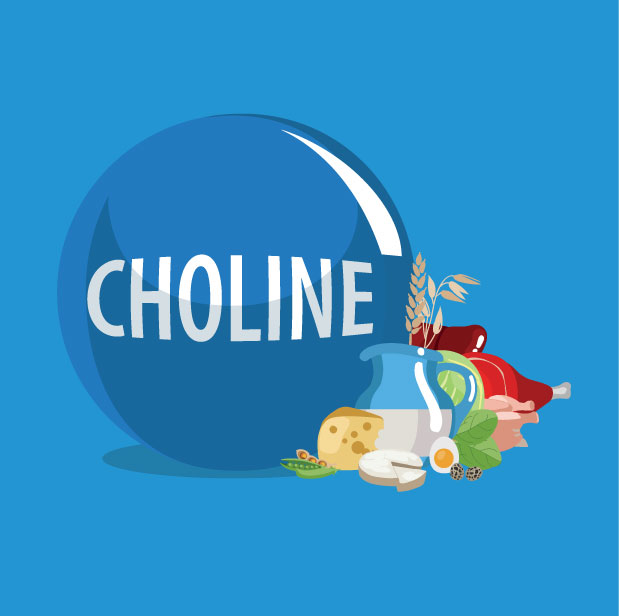Series to help laypeople understand science
Saturday, February 14, 2015 • The following has been reprinted from Charlotte Observer, an article by Lisa Thornton. If Dr. Natalia Surzenko told you that choline produces increased hippocampal neurogenesis in Mus musculus, you probably wouldn’t understand. But if she said a nutrient called choline, naturally found in foods such as egg yolks, salmon and cocoa powder has been shown to regenerate brain cells responsible for increased memory in mice, that would be different. At the UNC Nutrition Research Institute in Kannapolis, where Surzenko, a neurobiologist, has her lab, a new series called “Appetite for Life” is intended to create clearer dialogue between researchers and laypeople about discoveries changing the way experts view nutrition.
Diet and Cancer Prevention
Dr. Stephen Hursting, Ph.D., M.P.H.

Choline: An Essential Nutrient
Makes Babies Smarter, Keeps Memory Keen and Prevents Disease, Yet Most Americans Are Missing Out
Choline was discovered in 1862, but scientists did not fully understand its importance—or what foods contained it—for another 136 years. They thought we could make our own choline, much like we make Vitamin D from sunlight and cholesterol, but only women who still produce estrogen can make enough choline—and only if they have the right genes. Forty-five percent of child-bearing women have a genetic variation called a SNP (pronounced “snip”) that prevents them from turning estrogen into choline.
Diet and Extension of Lifespan
Life expectancy keeps growing in developed countries, approaching 90 years on average in some. There is a forecast that more than 50 percent of girls born in the U.S. after 2010 will live to become 100 years or even older, and that the first person to live up to 150 years has already been born.
